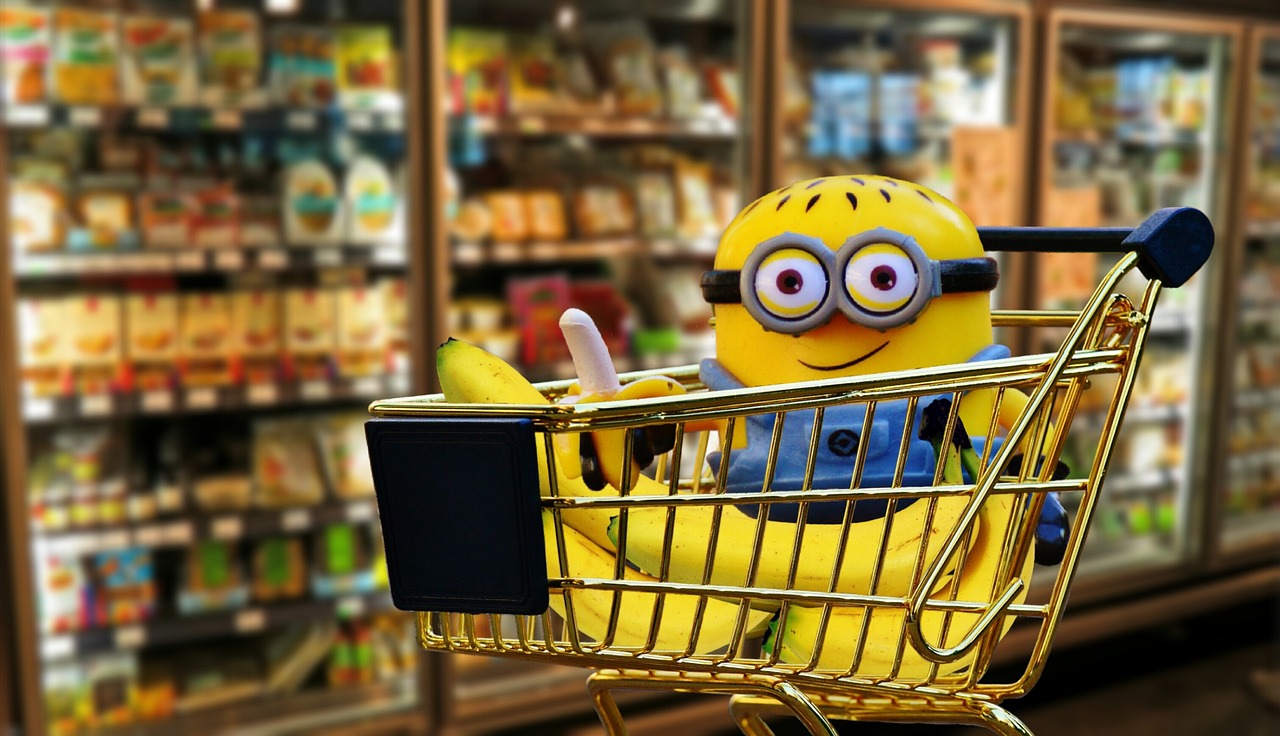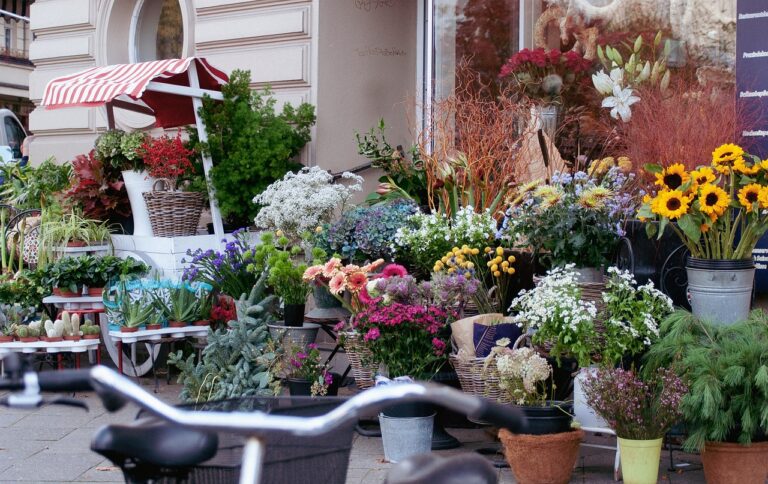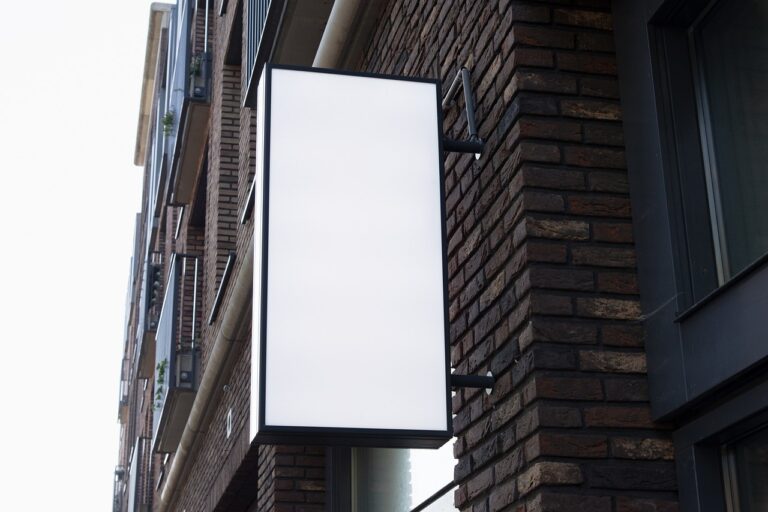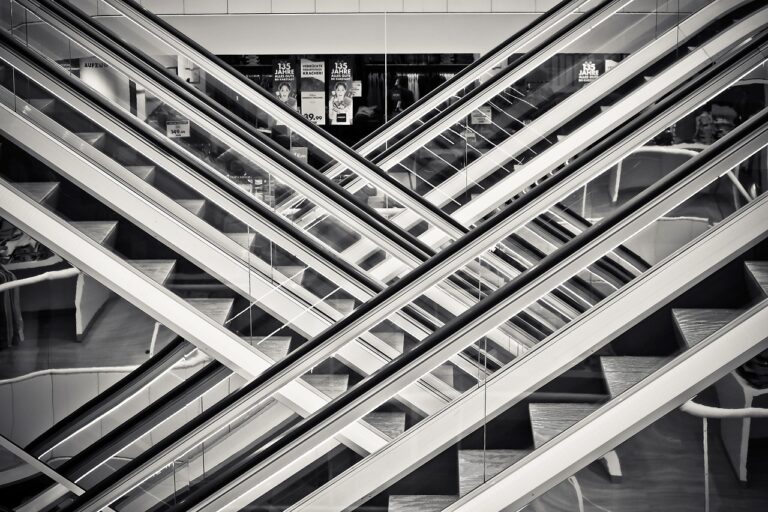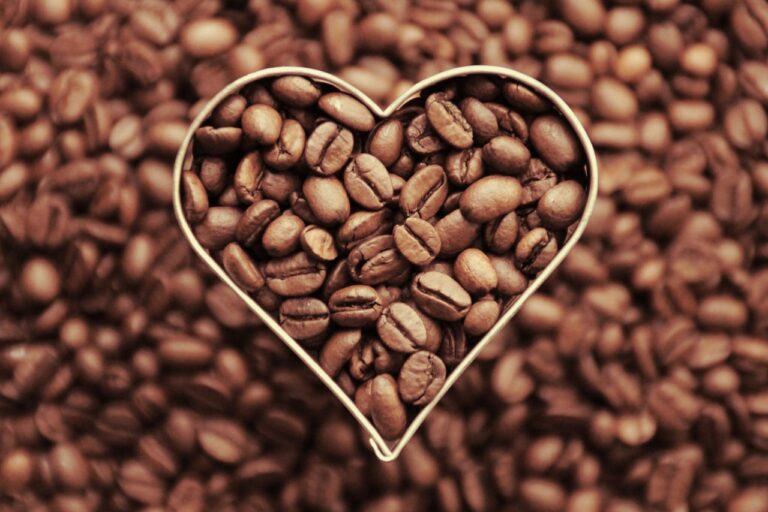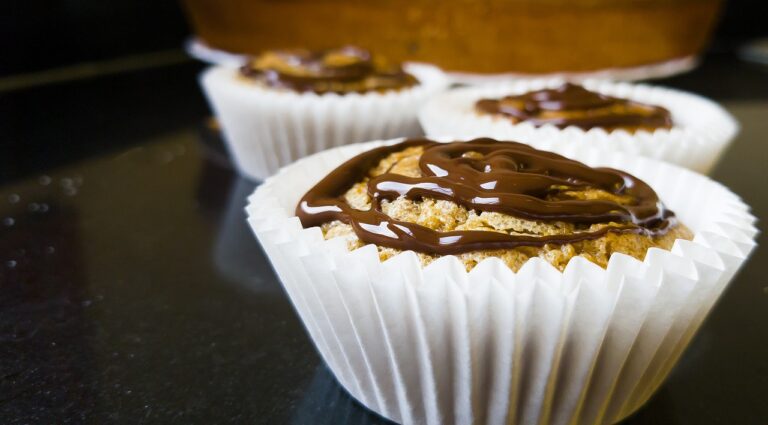Shopping for DIY Gardening: Seeds, Tools, and Supplies for Growing Your Own Food
Selecting the right seeds for your garden is crucial for a successful harvest. Consider the climate and growing conditions in your area before making a purchase. Some seeds thrive in warm, sunny climates, while others prefer cooler temperatures and shade.
Another factor to keep in mind is the space available in your garden. Be sure to choose seeds that are suitable for your garden size, whether you have a small urban plot or a large backyard. Additionally, take into account the amount of sunlight your garden receives to ensure that the seeds you choose will have the necessary light for healthy growth.
When choosing seeds for your garden, it is important to consider the following factors:
• Climate: Select seeds that are well-suited to the climate in your area. Some plants may not thrive in extreme heat or cold.
• Space: Determine how much space you have available for planting and choose seeds that will fit within that space. Consider vertical gardening options if you have limited horizontal space.
• Sunlight: Be mindful of the amount of sunlight your garden receives throughout the day. Choose seeds that require either full sun, partial shade, or full shade based on your garden’s conditions.
By taking these factors into consideration when selecting seeds for your garden, you can increase the likelihood of a successful harvest and a bountiful crop. Happy gardening!
Essential Tools Every DIY Gardener Needs
When embarking on a gardening project as a DIY enthusiast, having the right tools at your disposal can make all the difference in the success of your endeavors. One essential tool that every DIY gardener should have is a sturdy pair of gardening gloves. These gloves will protect your hands from cuts, scrapes, and blisters while working in the soil and handling thorny plants.
Another crucial tool for any DIY gardener is a durable garden trowel. This handheld tool is perfect for digging small holes, transplanting seedlings, and breaking up compacted soil. Look for a trowel made of high-quality materials that will withstand regular use and provide you with years of reliable service in your gardening projects.
Understanding Soil and Fertilizer for Successful Growth
Soil quality and proper fertilization are fundamental aspects of successful gardening. Good soil provides essential nutrients and a suitable environment for plants to thrive. Before planting, it is crucial to test your soil to determine its pH level and nutrient composition. This information will guide you in selecting the right fertilizer to address any deficiencies and create optimal conditions for your plants to grow.
Fertilizers come in various forms such as organic, synthetic, liquid, and granular. Each type has its advantages and is suitable for specific gardening needs. Organic fertilizers, for example, are derived from natural sources like compost and manure, enriching the soil with nutrients over time. On the other hand, synthetic fertilizers provide a quick nutrient boost but may require more careful application to prevent overfeeding and chemical build-up in the soil. Understanding the differences between these options will help you make informed decisions on how to best nourish your garden for healthy growth.
How can I choose the right seeds for my garden?
When choosing seeds for your garden, consider the climate and soil conditions in your area. It’s important to select seeds that are suitable for your specific region to ensure successful growth. Additionally, think about the type of plants you want to grow and whether they require full sun, partial shade, or full shade.
What are the essential tools every DIY gardener needs?
Some essential tools every DIY gardener needs include a trowel, pruners, a watering can or hose, gloves, a rake, and a shovel. These tools will help you plant your seeds, maintain your garden, and ensure that your plants are healthy and thriving.
How can I understand soil and fertilizer for successful growth?
To understand soil and fertilizer for successful growth, it’s important to test your soil to determine its pH level and nutrient content. This will help you determine the best type of fertilizer to use for your plants. Additionally, consider the specific needs of the plants you are growing and choose a fertilizer that is tailored to those needs. Remember to follow the instructions on the fertilizer packaging for best results.

